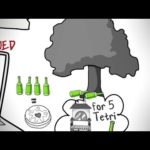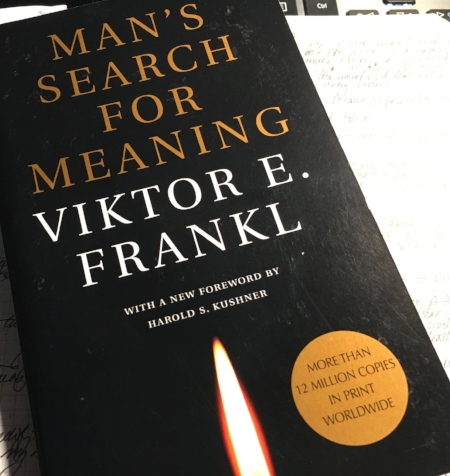 In the wrap up week of the Telling the Story sermon series, Pastor Jenny Smith Walz explains that Paul’s letter to the Philippians reveals that telling a story about God helps define our Narrative Identity.
In the wrap up week of the Telling the Story sermon series, Pastor Jenny Smith Walz explains that Paul’s letter to the Philippians reveals that telling a story about God helps define our Narrative Identity.
Narrative Identity has three parts — agency, connectivity, and meaning — as explained in this Tedx video.
-
- He is prison but is quite free – Paul has agency. He is evangelizing effectively behind bars
- He is prison but is not isolated – Paul has connectivity and is writing about connection.
- He ascribes meaning to his imprisonment – it empowers him to spread the gospel in new ways. (Several comments during the sermon linked the concept of meaning to Viktor Frankl’s Man’s Search for Meaning).
To listen to the sermon, go to this web page and choose May 24, 2020.
Pastor Jenny invites everyone to tell their own stories. You can, indeed, tell your story to yourself or someone you know. You can write it, or do a selfie video on your phone. Jenny offers this way, on FlipGrid — click here
“Tell us a story about a new story you are trying to write,” she invites.
“Maybe you’ve discovered that a story you tell about yourself, others, the world, the present circumstances, God, etc., is not helpful or true. Maybe you’re discovering that a story you’ve told is no longer serving you. Tell us about this.
Tell us about a story you are hearing God tell about you or others or the world.
Tell us about a time when someone else has helped you tell a different, more helpful, more true story.”
Now it’s your turn


